Our History
WE'RE CONSTANTLY ON THE MOVE
- Organic? Regionally since 1982 and globally since 1986.
- Organic fish? Pioneered since 1996.
- Social? Permanent feature of our standards since 2005.
- Organic and fair? The first organic association to unite the two principles in one logo in 2010 - for both the Global North and South
This is how we forge new paths and drive change. For a fruitful future!
Who we are
MILESTONES
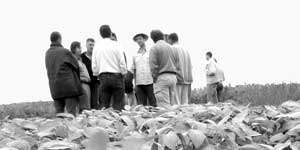
1982
Naturland is founded by ten pioneers. Their first goal is to create a fertile humus layer.
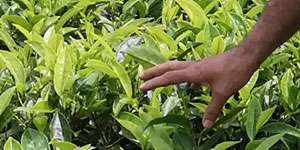
1987
Naturland starts to get involved in projects outside of Germany. Naturland collaborates with GEPA to convert a tea garden to make it the first organic tea garden in the world.
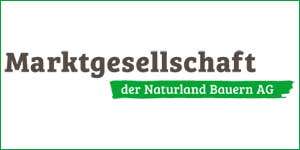
1992
"Marktgesellschaft der Naturland Bauern AG" becomes one of the largest organic producer groups in Germany and a leader in organic meat marketing.
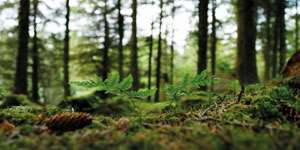
1995
Naturland collaborates with BUND, Greenpeace and Robin Wood to develop the “Naturland Standards for Organic Forest Management” to regulate all aspects of sustainable, environmentally friendly forest management.
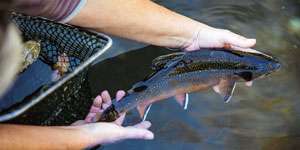
1996
In response to the overfishing of our oceans and the extremely poor conditions in fish farms, Naturland creates the "Naturland Standards for Organic Aquaculture".
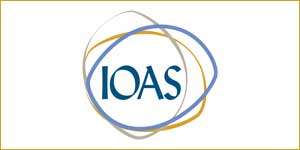
1998
Naturland is the first, and still the only, German organic farming association to be granted a high-level accreditation in line with the ISO/IEC 17065 standard by the International Organic Accreditation Service (IOAS).
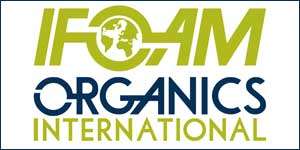
2000
Naturland is involved in a wide range of umbrella organisations (such as the German Working Group on Organic Farming – AGÖL). Naturland's Gerald A. Herrmann is appointed as Vice President of IFOAM.
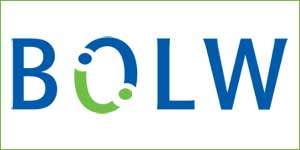
2002
Uniting common objectives: The Association for the Cultivation of Organic Fruit, Vegetables and Field Crops (ANOG) joins Naturland.
Naturland Executive Committee member Dr. Felix Prinz zu Löwenstein initiates the founding of BÖLW (German Organic Food Industry Federation).
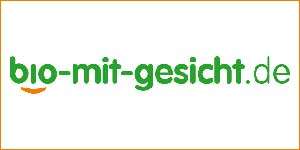
2005
Naturland, the Naturland Marktgesellschaft, FiBL and tegut... launch the “Bio mit Gesicht” ("Organic with a Face") (www.bio-mit-gesicht.de) initiative to enable seamless traceability. Naturland is the first, and so far the only, German organic association to establish social standards.
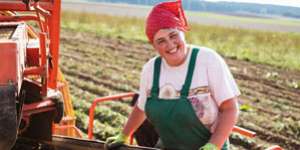
2005
Social standards are made mandatory and applied to all Naturland farms. Consequently, the social conditions on all Naturland-certified farms are now also audited during their organic inspections. The social standards s set out detailed requirements for working conditions and social security for all workers.
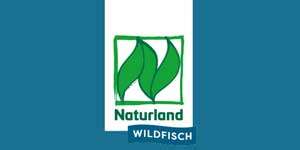
2007
Naturland develops its first ever standards for certified sustainable fisheries. The Naturland Wildfish seal appears on products for the first time in 2008.
Naturland asserts its position as a pioneer. The organic association establishes its own standards for textiles and cosmetics.
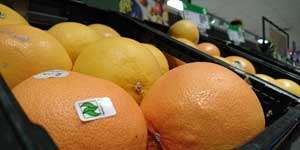
2009
A collaboration between Rewe and Naturland begins. This makes Naturland the first organic association to sell its products in regular supermarkets.
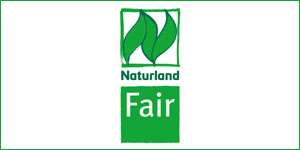
2010
Naturland producers and processors from around the world can now gain an organic and a fair trade certification from the same organisation.
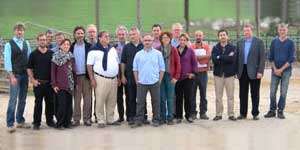
2011
Naturland establishes the Leading Organic Alliance (LOA) along with other leading organic certification bodies from Italy, Belgium, Austria, Spain, Sweden, Norway and England. A research project carried out by Naturland, the Hofpfisterei Bakery, the Meyermühle Mill and TU Munich proves the potential of organic farming as a tool in the fight against climate change.
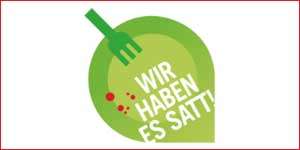
2011
As co-founder of the "Wir haben es satt” ("We've had enough") alliance, Naturland calls for people to take to the streets of Berlin in January each year during “Green Week”, the world's largest agricultural trade fair, to promote farm businesses and eco-friendly farming practices.
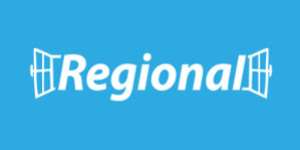
2012
Naturland is a founding member of “Regionalfenster e.V.”. The organisation's aim is to promote regional products with a transparent, uniform labelling system that is applied throughout Germany.
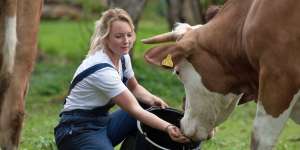
2014
Naturland works with other associations to launch a common animal welfare checklist that is now used during annual organic inspections.
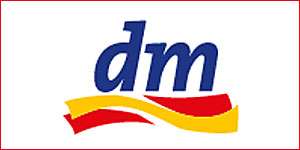
2016
A collaboration with dm is launched and Naturland starts to sell its products in their health and beauty retail stores.
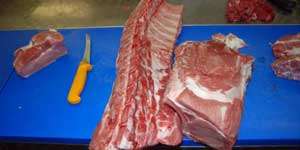
2018
Naturland is the first association to introduce processing standards for animal transport and slaughter. This is to ensure that the animals’ welfare is respected from the loading through to the slaughter.
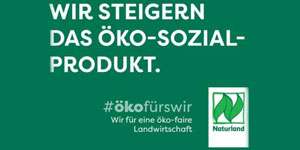
2018
The “Wir zeigen Haltung” ("We display the rearing method") campaign begins. The campaign inspired lots of people to speak out. Their statements are now available on postcards.
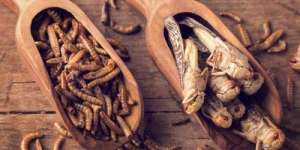
2019
Adoption of the first EU-wide directives on organic insect breeding. This means that organically produced insect meal can now be used in feed as a sustainable, welfare-orientated replacement for fish meal and oil.
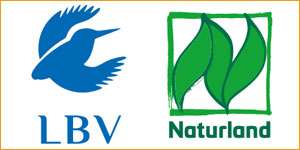
2019
To further reinforce the work of Naturland farms when it comes to improving biodiversity, Naturland starts a collaboration with the LBV (Bavarian Bird Protection Society).
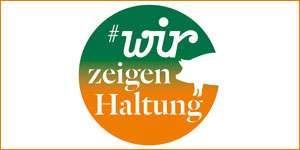
2021
In a joint campaign with Provieh, Naturland is successfully campaigning for the inclusion of mandatory animal husbandry labelling for all animal products in the coalition agreement.



